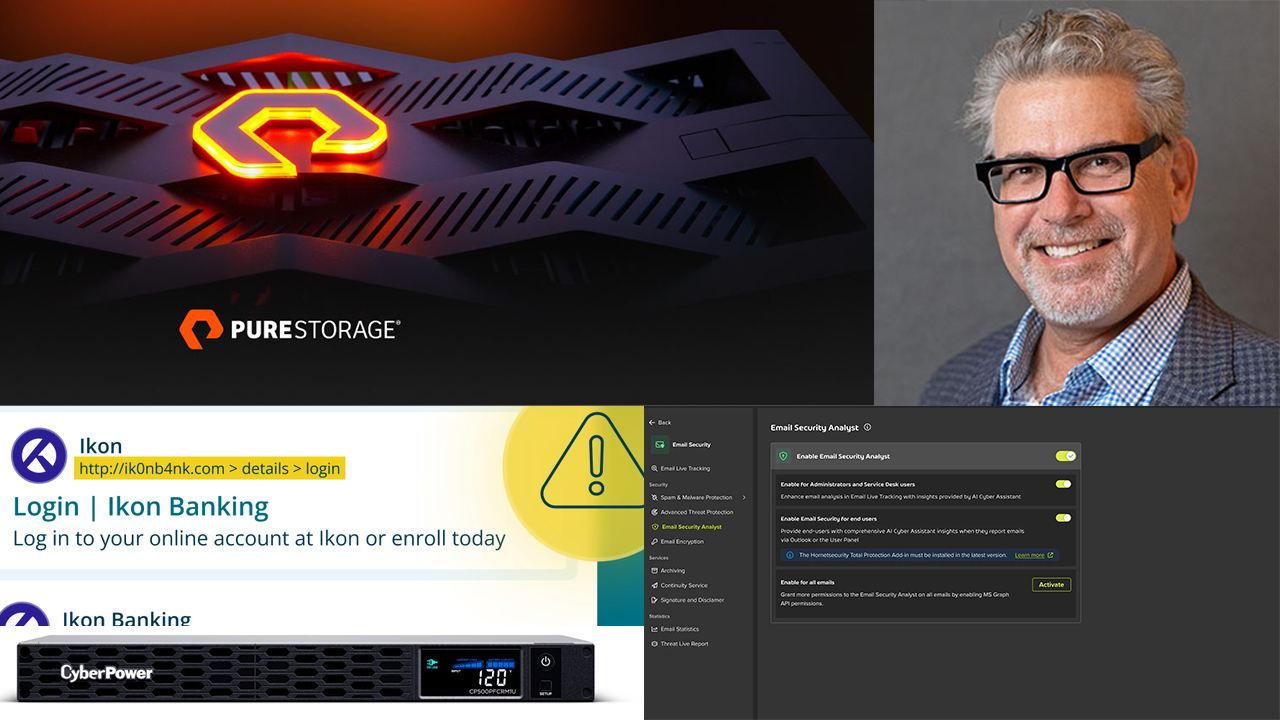At Synnex’s Varnex ’11 Spring Conference in Boston this week, a group of Varnex member resellers were polled on several hot button questions and were given the chance to question vendor executives. The elite Synnex partners were asked questions ranging from financial outlook to how they feel about upcoming technologies, such as tablets. Some highlights from the results:
- 80 percent of partners view the financial outlook for 2011 as either a moderate increase or a strong increase over 2010.
- 24 percent of partners associate less than 10 percent of revenue with services. 28 percent associate 10 to 25 percent of their revenue with services. Only 24 percent of partners associate more than half of their revenue with services.
- When asked what areas partners need the most help with, 35 percent say hiring the right associates to sell into new categories, such as cloud or managed services. 27 percent say training sales associates on new opportunities, and 25 percent say marketing. Only 13 percent need help with managing the business and financial side. These results, coupled with a partner pointing out that there will be a major lack of engineers and technical people graduating from college in the next few years, shows that service providers and resellers are very concerned with employing a well-trained staff in the coming years.
- A whopping 49 percent of partners think that tablets are providing new business opportunities today. 28 percent see tablets as a business focus with limited results to date, and 20 percent are sitting on the sidelines until they see more sustained traction. Only two percent see it as just a fad.
- 34 percent of partners plan to sell cloud solutions and hosted services in 2011. 19 percent are planning to focus on private cloud offerings for customers, while eight percent plan to offer application/cloud storefront. 29 percent of respondents plan to offer all of the above, while a 10 percent have no cloud plans.
- When asked what the number one driver of server and storage business is, 85 percent of respondents say backup and disaster recovery. Five percent says legal requirements, while five percent saw cloud execution. The remaining one percent says mobile/tablet applications.
It’s surprising to see how few partners are switching to services-based business models. While most are reporting that services make up good chunk of revenue, a quarter of respondents report less than 10 percent of revenue as coming from services. This indicates that resellers may not be evolving into service providers as quickly as we think, and still work primarily as resellers that add value for revenue.
The same goes for cloud adoption. While most of the numbers are not surprising, for 10 percent to say that they have zero plans in the cloud is a little shocking. The term “cloud” has been beating us over the head for years now, and it’s been easy to assume that everyone would be preparing to make the transition. But clearly, not all partners are open to changing and transitioning quickly from business models.
Jason Romsey, director of SMB Americas at EMC, disagreed with the responses for the driver of server and storage business. According to him, it’s the execution of the cloud.
“When I think about the opportunity in 2011,” he said, “it’s preparing customers to operate in the [cloud] model. I think even though backup and recovery is part of that, the cloud opportunity is our most significant driver.”
When the floor was opened up to questions, one Canadian reseller asked the question that was on everybody’s mind during the cloud discussion: Who owns the customer? When a partner brings a customer onto a vendor’s cloud platform, who owns the customer long-term?
Microsoft’s director of SMB channel strategy Gary Lissy responded, saying, “The solution provider is ultimately the trusted adviser at the end of the day. The provider is there to address the needs of the customer, and that’s why the channel is so important [to Microsoft.]”
As HP began to give an answer, it dawned on everyone, exchanging looks with each other, that Lissy never actually answered the question, and instead artfully dodged it. Only time will tell how Microsoft truly views the long-term customers that its partners bring into its cloud services division.











